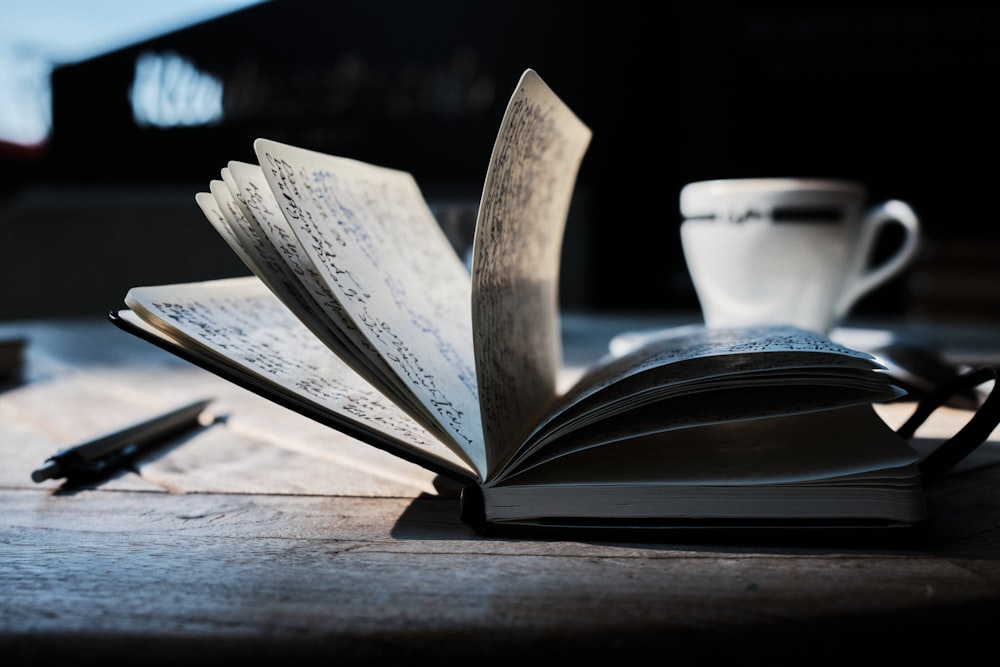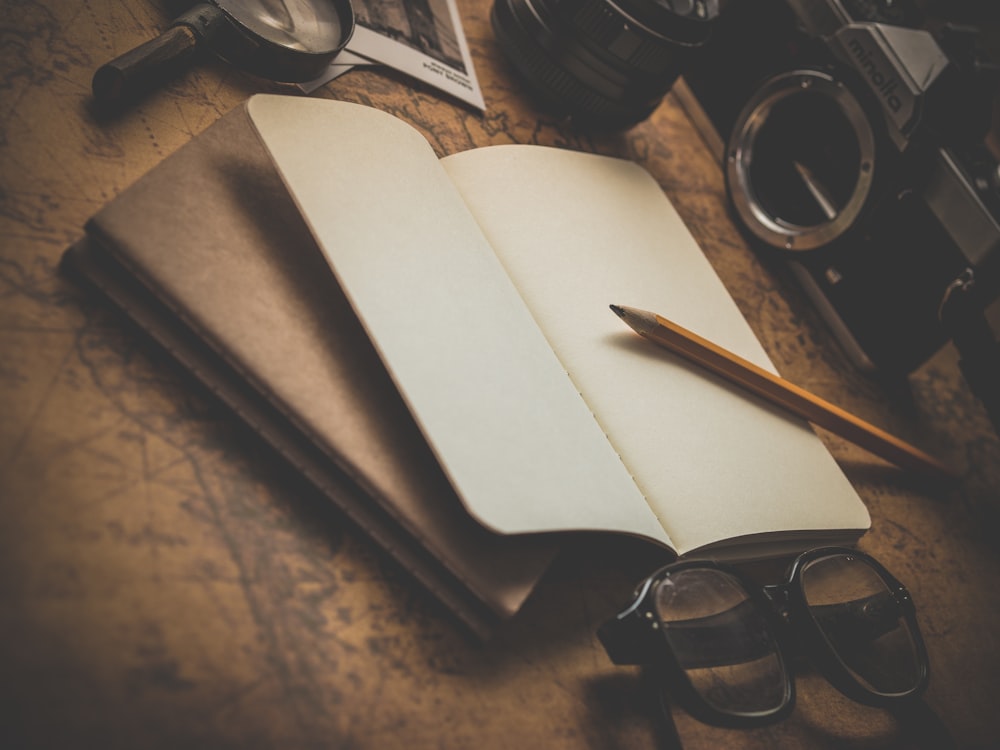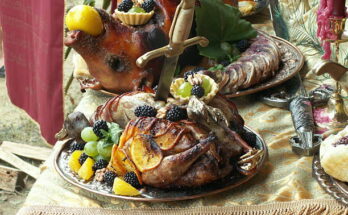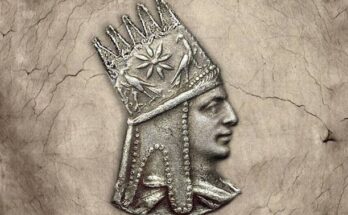How to write a history book of your own
Are you interested in history and ready to write a history book, but unsure of how to organize your information? Well to help you write one, we’re here to assist you. Now you can easily write or start to write with help of this article.
Your readers can be presented with history in a variety of ways, and each one has specific benefits. No one strategy is superior to another. It really just comes down to figuring out what suits you and your content the best.
To write a Biography
IMAGE CREDITS: Unsplash.com
Seeing history through the viewpoint of a person who was there can be enlightening. By allowing you, as the author, to fully immerse your readers in the characters, sights, sounds, and ideas of the time and location, as well as its distinctive character, the biography format aids in bringing history to life. You can also delve extensively into your subject’s life to discover how and why he came to be who he was and how he came to be so crucial to the story’s theme.
Scientific incident: write history book
A thorough examination of one historical occurrence enables you to concentrate on an incident (or related series of objects) that illuminates the context of the event’s period and location. You can assist readers comprehend the event, the people, the place, and the time, as well as the matter’s enduring importance, by using your imaginative storytelling abilities to establish the scene.
Personal response
IMAGE CREDITS: Unsplash.com
Even if it may have a bigger impact on us than we think, the past can seem irrelevant to the present. Examining a period of history and considering how it affected your life is a brilliant way to learn more about yourself. When you, the author, see history through such a personal lens, you can both evoke strong feelings in your readers and impart important knowledge.
Consider relationships to write
One of the most important aspects of history is how people interact with one another. History might have been altered if any of the key players had chosen differently. You can learn about the backgrounds and occasionally opposing viewpoints of the major characters in a historical circumstance by delving into the interpersonal relationships that brought them together to produce a single special event.
Alternative history: write history book
The counterfactual method rewrites history and is frequently referred to as “alternative history.” Here, the conclusion of a known factual event or a string of events that have been documented is altered. As the Minutemen attack the British on their way to and from Concord, for instance, the British soundly destroy them, perhaps changing the direction of the American Revolution and the future of the United States.
Another possibility is that the War of the Roses would not have taken place if England’s King Edward IV had wed a French princess rather than Elizabeth Woodville. In counterfactual history literature, characters who time travel to influence previous events are a recurrent motif, including alternative outcomes to significant events like World War II or a presidential murder attempt.
Historical Novel: write history book
IMAGE CREDITS: Unsplash.com
The easiest way to define a historical novel is as fiction that heavily draws inspiration from real-life people, places, and events. To create a better, clearer story, what actually happened might be somewhat changed. Dialogue may be made up or paraphrased, but the fictional exchanges must be true to what is known about the individuals, the setting, and the time period. This is a clever technique for educating readers about a specific era while simultaneously emotionally involving them in the story.
A photographic book
Sometimes it’s preferable to omit those 1,000 words and present a visual aid instead. Historical drawings, diagrams, maps, and copies of documents with the original handwriting can all communicate a richness of information that is challenging to describe in words.
When trying to capture the atmosphere of a location or time period, a photographic book might be helpful. It is particularly helpful when writing about conflicts, discoveries, or other complex topics that call for maps, diagrams, or other illustrations.
Context of historical events: write history book
IMAGE CREDITS: Unsplash.com
When reading about what life was like years or millennia ago, it might be challenging for current readers to comprehend why historical figures acted the way they did. Readers can better comprehend the justification for decisions and actions done during these events by reading a history book that places an incident inside the era in which it occurred. It’s possible for readers to leave with a fresh viewpoint.
Topical history
By concentrating on a particular idea, subject, or human endeavour and following it through time, you can discover history in a fascinating new way. With this approach, you and the reader can examine how the subject changed as the world around it did and how the subject’s development affected how we live now. This method can open up the human experience to a completely new viewpoint.
See Cause and effect to write history
You can investigate how specific people, events, ideas, or technologies had an impact on the globe, similar to how something changed over time. With this approach, readers are drawn into the “life” of the subject at hand and how it relates to their own contemporary perspective.
Concealed history: write history book
IMAGE CREDITS: Unsplash.com
Every one of us studied significant historical events in school. There is, however, a limited amount of time for teachers to provide information beyond the fundamentals. Because of this, some historical titbits are less well-known than others. You may have the opportunity to learn about. And share these individuals’ tales by concentrating. Your history book on subjects, ideas, objects, or connections that have been mostly ignored by history.
History quiz books
By including fascinating details about a specific era, nation, or subject, your history book can entice trivia buffs. These can be brief anecdotes to illustrate events that many people won’t be familiar with or simply one-line facts. These entertaining facts can be used by readers to win game shows. Dominate trivia nights at local bars, and make small chat at business gatherings.
Choose what interests you: write history book
Discovering or selecting a tale is a subject unto itself, but in a nutshell. Look for something that speaks to you or fascinates you. It should be something you are proud of and wish to support. Even once the book is finished. Keep in mind that you will be trapped with it for a very long time.
Knowing yourself helps in selecting the “correct” topic, idea, or story. Because some people fall in and out of love with certain ideas more readily than others. For it to be fascinating and have lasting power. It should ideally have numerous facets and fresh directions to meander down.
USEFUL LINKS:
Check out 12 ways to write a history book
Learn a little about banning nuclear weapons
Have a peek into the Medieval life: A historic Era









